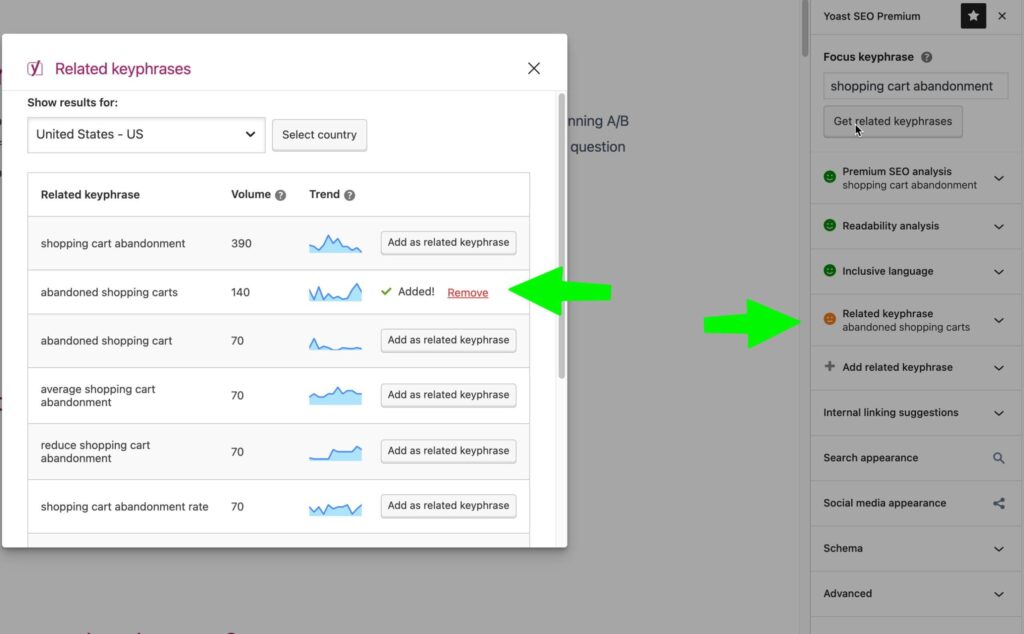The United Nations has announced the relocation of non-critical staff members from North Kivu, a volatile region in the eastern Democratic Republic of Congo (DR Congo), citing escalating security concerns. This decision reflects the ongoing instability in the area, which has been plagued by armed conflict and humanitarian crises for years. As violence continues to disrupt the lives of thousands, the UN’s measure aims to safeguard its personnel while ensuring that essential operations in the region can still be maintained. The relocation underscores the challenges faced by international organizations operating in regions marked by conflict, as they navigate the delicate balance between providing aid and ensuring the safety of their staff.
UN Prioritizes Safety by Relocating Non-Critical Staff Amid Escalating Violence in North Kivu
In response to the rising violence in North Kivu, the United Nations has made the strategic decision to relocate non-critical staff members from the region to ensure their safety. This action comes amid intensifying conflicts that have heightened the risks for personnel working in humanitarian and peacekeeping roles. The displacement, while difficult, is considered necessary to maintain operational integrity and protect the welfare of those involved in aiding local communities.
UN officials detailed the criteria used for determining which personnel would be relocated, emphasizing the importance of prioritizing safety without jeopardizing ongoing missions. Key factors included:
- Nature of the role: Non-critical functions were identified for relocation to minimize disruption.
- Security assessments: Continuous evaluations guiding the safety of staff and operations.
- Local impact: Ensuring that critical services to the community continue unaffected by workforce changes.
At the same time, essential staff members will remain on the ground to continue pivotal operations, closely supported by remote assistance and enhanced security protocols. This balanced approach aims to uphold the UN’s commitment to provide vital humanitarian support while safeguarding the wellbeing of its team members.
Impact on Humanitarian Efforts: Assessing the Consequences of Staff Relocation in DR Congo
The recent decision to relocate non-critical UN staff from North Kivu raises significant concerns regarding the ongoing humanitarian operations in the Democratic Republic of the Congo. With a deteriorating security situation, the presence of humanitarians is essential for the protection of vulnerable populations. Key consequences of this staff relocation include:
- Disruption of Aid Services: The withdrawal of personnel may lead to interruptions in essential services such as food distribution, medical care, and protection for displaced families.
- Increased Burden on Remaining Staff: Local teams may face overwhelming pressures to maintain operations with reduced manpower, risking burnout and decreasing efficiency.
- Loss of Institutional Knowledge: The experience and expertise of relocated staff are invaluable; their absence could hinder effective response strategies and program continuity.
While the relocation is deemed necessary for staff safety, it poses serious implications for the humanitarian landscape in DR Congo. As agencies adapt to the new constraints, the following potential outcomes should be closely monitored:
| Potential Outcomes | Short-term Impact | Long-term Impact |
|---|---|---|
| Access to Aid | Reduced accessibility for beneficiaries | Increased hardship for communities |
| Security of Operatives | Improved safety for remaining staff | Long-term instability in the region |
| Partnerships | Potential strain on local partnerships | Weakened community trust in aid organizations |
Recommendations for Sustaining Operations: Strategies to Ensure Continued Support for Vulnerable Populations
In light of the recent decision to relocate non-critical staff from North Kivu, continued support for vulnerable populations can be ensured through a series of well-structured strategies aimed at enhancing operational effectiveness. Key actions include:
- Strengthening Local Partnerships: Collaborating with local NGOs and community leaders can help maintain service delivery channels and ensure that interventions are culturally relevant and timely.
- Utilizing Technology: Implementing digital platforms for communication and coordination can facilitate ongoing assessment of needs and streamline the distribution of resources.
- Flexible Resource Allocation: Adapting funding and resource distribution based on changing security conditions and emerging needs is critical to sustaining operations.
- Focused Capacity Building: Training local personnel will empower communities to take greater ownership of humanitarian efforts, ensuring resilience in the face of crisis.
Furthermore, ongoing advocacy is essential to draw international attention and resources to North Kivu. Establishing a transparent framework for accountability and monitoring can enhance trust and aid effectiveness. Essential components may include:
| Key Focus Areas | Expected Outcomes |
|---|---|
| Community Engagement | Enhanced local resilience and trust in aid efforts |
| Emergency Response Coordination | Improved access to timely assistance during crises |
| Data-Driven Decision Making | Targeted interventions that better meet community needs |
Final Thoughts
In conclusion, the UN’s decision to relocate non-critical staff from North Kivu reflects the continued volatility and security challenges facing the region. This action underscores the organization’s commitment to safeguarding its personnel while ensuring that essential humanitarian work can continue amidst deteriorating conditions. As the situation evolves, the UN remains focused on addressing the needs of the affected populations, reaffirming its role in promoting stability and peace in the Democratic Republic of the Congo. Stakeholders are urged to monitor developments closely as the international community seeks to support both local efforts and broader humanitarian initiatives in the region.
